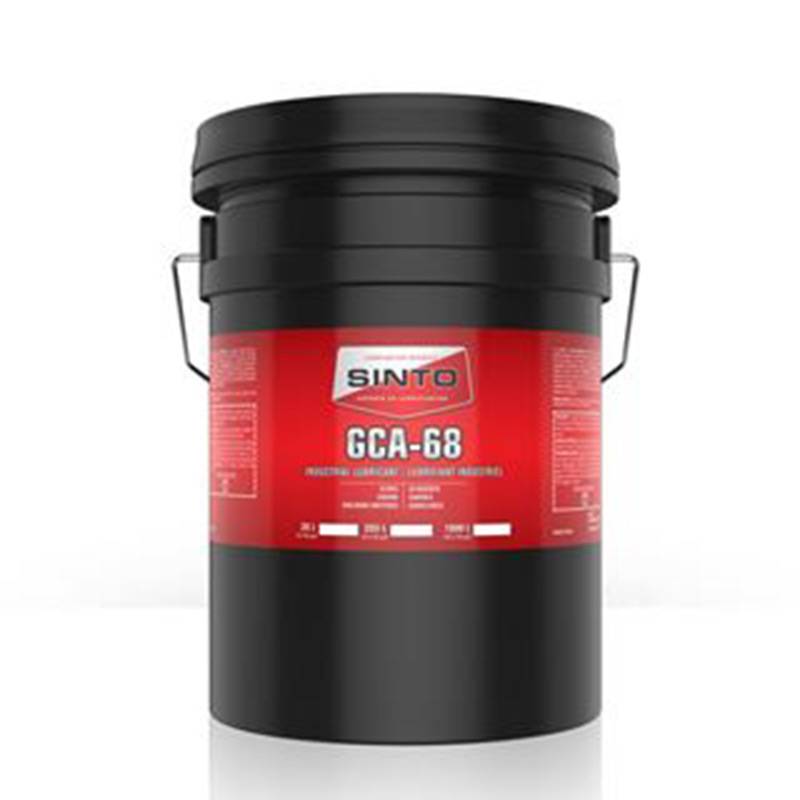12 月 . 13, 2024 13:15 Back to list
pin gauge sizes
Understanding PIN Gauge Sizes A Comprehensive Guide
PIN gauges, also known as pin gages or pin standards, are precision measuring tools used primarily in industrial settings to check the diameter of holes and ensure that the dimensions of manufactured parts conform to specifications. The importance of PIN gauges in quality control, especially in the manufacturing and machining industries, cannot be overstated. This article provides an in-depth analysis of PIN gauge sizes, their applications, and the best practices for their use.
What is a PIN Gauge?
A PIN gauge is a cylindrical rod made of hardened steel that is ground to a specific diameter. They come in various sizes, allowing engineers and quality control personnel to measure the size of holes and verify their conformance to predefined standards. Each PIN gauge is marked with its precise diameter, facilitating quick identification. PIN gauges are typically used in sets, and the sizes are usually available in increments of either 0.01 mm or 0.0005 inches, depending on the measuring system adopted.
The Importance of PIN Gauge Sizes
Selecting the correct PIN gauge size is crucial for achieving accurate measurements. In manufacturing processes, even a minor deviation can lead to significant issues in fitting and functionality. For example, if a hole is too small, a pin gauge will not fit; if it’s too large, it could indicate that the part is out of tolerance. Using the correct size ensures that parts meet their functional requirements and helps prevent failures in the final product.
Standardization of PIN Gauge Sizes
PIN gauges are manufactured according to international standards, such as the ISO (International Organization for Standardization), ANSI (American National Standards Institute), or JIS (Japanese Industrial Standards). The standardization ensures consistency in size, shape, and performance across different manufacturers, allowing for reliable interchangeability in various applications. Standard sets of PIN gauges often cover a range of dimensions, typically from 0.1 mm to several millimeters, giving operators flexibility in their measurements.
Applications of PIN Gauges
PIN gauges find applications across numerous industries, including automotive, aerospace, and electronics. They are used for
pin gauge sizes

1. Hole Diameter Measurement To check whether a hole meets its design specifications. 2. Fit Testing To verify the clearance of pins or other components in assemblies. 3. Quality Control For random checks during production runs to ensure that processes remain in control. 4. Go/No-Go Gaging To quickly determine whether a manufactured part meets minimum and maximum tolerances.
Best Practices for Using PIN Gauges
1. Calibration Regularly calibrate PIN gauges to ensure their accuracy. Calibration should be performed according to the manufacturer's recommendations or at specified intervals.
2. Cleaning Keep the gauges clean and free of debris or oil, as contaminants can affect measurements and lead to incorrect readings.
3. Storage Store PIN gauges in protective cases or racks to prevent damage and wear. Avoid mixing sizes to minimize the risk of damage during handling.
4. Proper Handling Use appropriate techniques when inserting or removing PIN gauges from holes to avoid bending or breaking the gauges.
5. Training Only trained personnel should use PIN gauges. Proper training ensures that operators understand how to use the gauges correctly and interpret the results accurately.
Conclusion
In summary, PIN gauge sizes play a vital role in ensuring precision in manufacturing and quality control processes. Their standardized sizes and easy handling make them indispensable tools for engineers and quality control inspectors. By adhering to best practices and understanding their applications, industries can maintain high standards of quality and reliability in their operations. With the continuous evolution of manufacturing technologies, the importance of precise measurement tools like PIN gauges will only grow, making a firm grasp of their usage essential for professionals in the field.
-
Y Type Strainers: A Comprehensive GuideNewsOct.18,2024
-
Understanding Water Valve Options for Your NeedsNewsOct.18,2024
-
Functions and TypesNewsOct.18,2024
-
An Essential Component for Fluid SystemsNewsOct.18,2024
-
Adjustment and ReplacementNewsOct.18,2024
-
Slow Closing Check Valves: A Key Component in Fluid SystemsNewsOct.08,2024
Related PRODUCTS









